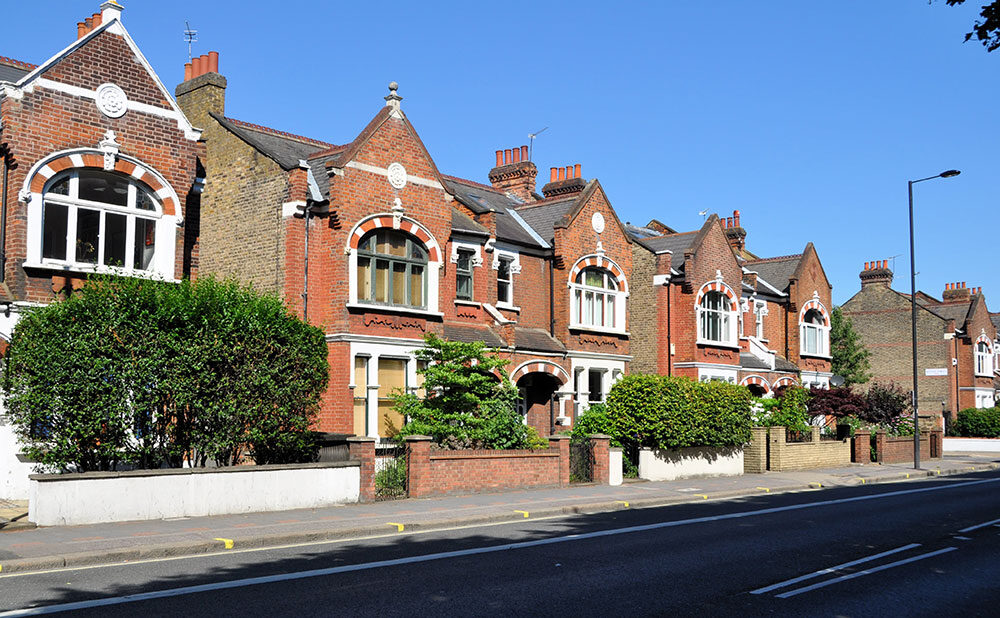The remainder of 2023 could prove to be the time for investment into the UK property market, whether it’s a residential property, Buy-to-Let investment or larger scaler development, we could see the chances of profitability being at its greatest, but why?
Following the rocky waters around affordability, and uncertainty of where and when the market may settle due to BoE base rate changes, could the September freeze install confidence into the market for the remainder of 2023?
Those looking into the market, and considering investing, are still focused on the interest rate and whether it will or when increase. The BoE rate will likely remain at a similar level, perhaps a percentage point either way for several years to come, along with the relatively high inflation rate, as the UK government continues to aim for its 2% target. The Times is reporting that experts now believe the rate will peak at around a lower-than-expected 5.75% in Spring 2024 before falling to just below 4% over the next five years.
Investors, homebuyers, developers, all need to assess where they plan to place their money in the coming years. Retaining it as ‘Dry Powder’, may see its value depreciate with the current rate of inflation. The idea of getting less for your money is not an appealing one, with these impacting individuals and businesses across the globe. Reuters report that, globally, the availability of unspent funds is estimated to be around $2.5 trillion as of Q2, 2023. However, the need to invest in the projects with the greatest potential should be at the forefront of people’s minds. On an individual standpoint, we may not want or can’t put our lives on hold, and wait for the next house move or investment, so those looking to purchase will do, and take the ‘pain’ of higher rates with the mindset of this now being the norm, or live with the regret of not investing?
Echoes of the past
With the highest BoE rate since 2007, which coincided with the ‘Global Financial Crises’ (GFC), 2007 – 2009. The current rate has stemmed the growth of the housing market, with housing approval from lenders falling to below pre-pandemic levels, this is in line with the cost of property today, we are now seeing the biggest decline in price since 2009.
The aftermath of the GFC, and the current challenges are in part being driven by stresses on household incomes, whether its credit or affordability. After 2009 we began to see the recovery of the housing market, with those in a position to invest being able to take advantage of housing stock and competitive prices.
There is little talk of negative equity impacting property owners as it did with the GFC, with the major sticking point being the BoE rates. As with any change in economy, understanding its nature is cyclical, buyers must expect a recovery, and buying at the right time is key to profitability. The million-dollar question is ‘When is the right-time?’ Are we now in something of a ‘circumzenithal arc’, with a pot of gold at each end, meaning now is the time to take the opportunity to invest?
Could the decline of house prices increase investment?
There are predictions that house prices wil continue to fall, with interest rates taking their toll with current buyers. There are no quick fixes with rates so they must be absorbed now so that they can be factored into financial plans. The ONS commenting 1.4 million fixed-term mortgages are set to expire in 2023, these individuals must transfer to higher rates or potentially look to downsize to meet affordability. A survey by estate agents Hampton, showed 41% of movers are reducing bedroom numbers, with 71% of this group funding their new property in cash, compared to 62% in 2022.
Housing approval from lenders are falling to below prepandemic levels. Interest rates appear to be taking their toll with current buyers. But there are no quick fixes with rates so any pain for new buyers is best to be absorbed now? Or wait in the hope rates will decline faster than expected.
With a greater cost of borrowing, high inflation, difficulty in getting mortgage approval, overstretched budgets and increase in downsizing, this could increase the stock of property in the UK. Simple supply and demand economics teaches us, if supply outstrips demand, prices will fall, making it an ideal time for investment.
What next…
The September freeze of BoE rates shocked many in the market, despite the Bank of England’s chief economist indicating rates will remain at 5.25 per cent for a longer period rather than raising them much further. However, as we head into another winter with high energy costs and increasing oil price (up 30% since June) will this impact the inflation figures and force BoE to increase rates before the start of 2024. In fact, BoE projecting rates will not fall back to 4% until 2028, so playing the waiting game may not suit buyers.
Relief in the Government's autumn statement is a possibility for a relief for borrowers although, the UK chancellors has stated that any tax cuts are unlikely as this can make the task of reducing inflation harder.
For those who can, now could be optimal time to look at their next property purchase. While others dither in the market there are still opportunities abound. Understanding and engaging with specialist lenders may prove to be more viable than the high-street. Specialist lenders like West One will look to work with challenges with their personal, flexible and manual approach.

